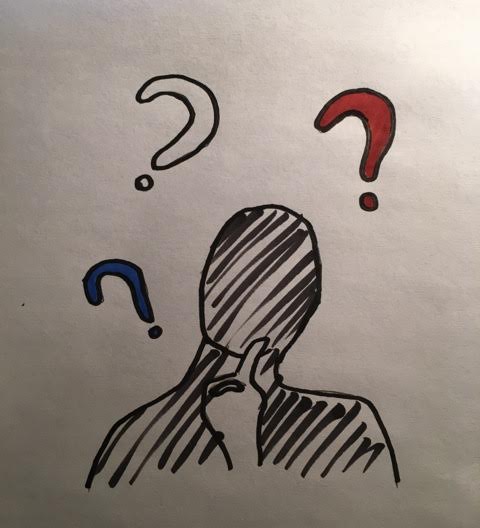Politically-Minded or Closed-Minded?

Art credits to Lily Yang!
December 20, 2015
Politics is a heavy word, scaring adults and children alike. Not many words carry as much magnitude or have as many lengthy definitions. So what happens when these kinds of weighty words clash with adolescent brains?
To start simply, Dictionary.com includes six definitions for the word political. When faced with the word, most Ridge students immediately turn to the following definition:
“of or relating to citizens.”
While electoral politics remain omnipresent in news media this year – especially with flamboyant characters like Donald Trump – Ridge students seem to still turn to a social perspective on the word when asked. When interviewed in groups about how politically minded Ridge is, students seemed enthusiastic to answer, though not in a positive way. Actually, one or two arguments arose from the very question, but that’s beside the point.
Students generally view Ridge as a very politically mindful school. “Ridge is politics,” remarks Adam Miesner ’16 simply.
A subtle guest in all students’ lives, politics seems to follow social circles. Friend groups seem to be dictated by political affiliation, and different sides of the political spectrum drift towards different sections of the school.
But what seemed to agitate students more is why Ridge has such a politically-obsessed mindset.
Spencer Krell ‘17 complains that “kids in our community need to have more experience in the real world before they form strong political opinions and should understand more than what their parents believe.” Krell acknowledges a common criticism from some of the less politically fearless students: the opinions of adults often influence how children consider issues. This prevents the open-mindedness that is necessary to create independent, thoughtful opinions on issues.
Are high school students too immature to have their own political opinions?
Alas, this remains another element of society’s ambivalent regard for high school teenagers. Most high school students fall into an age gap in which they start observing the world from a more mature angle and learning about new sides to issues they thought they knew. There is a superiority gained with age as well as a paradoxical inferiority because of lingering youth. Teenagers are labeled as rash and headstrong; they start forming opinions but are not taken seriously for them. It is a confusing time, and the addition of a politically dense atmosphere at school only aggravates that fire.
This headstrong attitude that teenagers possess is evident to other students like Abbey Farina ’17, who thinks that “people aren’t very tolerant of people trying to educate them and/or of people having different opinions than them.”
Emily Arakawa ‘16 agrees, saying, “High school kids care more about their own opinions than [they] care about the insight of the opposition.”
The general reaction to Ridge’s political landscape seems to be that naivety runs amok and skews the political affairs. According to students like Ryan Margiotta ’17, who comments that “a large amount of people in Ridge don’t pay attention to what’s happening in the world,” teenagers just do not seem to have enough experience to form standpoints – but they still continue to.
On the other hand, Lindsay Hultman ‘17 looks hopefully at Ridge’s Government and Economics classes as a buffer for these problems. “It is good that we have a government class to expose the students to how the government runs and to help educate them in order to form opinions,” she remarks. However, she concedes that “while some are open to molding their opinions after learning, many are not, which poses a new problem of closed-mindedness.”
Ridge offers many outlets for expressing political passion, like Model UN, the Ridge Forensics Team, and other social studies classes and clubs. All of these allow students to explore other viewpoints on serious matters and understand and communicate ideas. Education seems to be the key to successful engagement in politics with an open mindset.
So, are Ridge students politically mindful? Very. Whether that can be a positive or negative thing depends on many more variables. Arakawa captures the general attitude to Ridge’s political atmosphere with her final statement: “There are politically-minded Ridge kids out there, but it would be a better place if they were more open-minded to opposing beliefs.”
